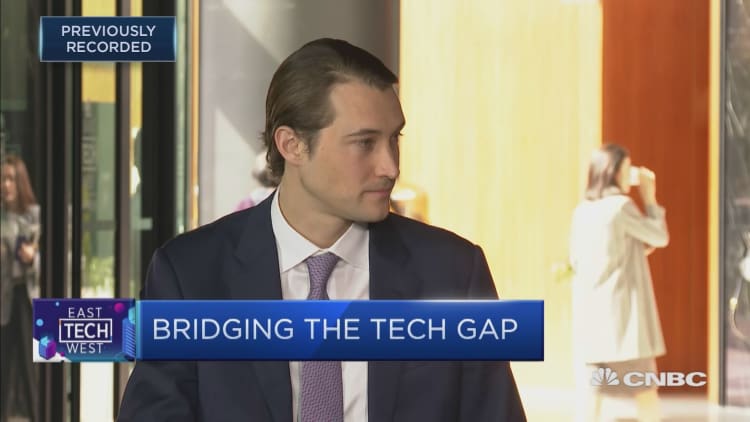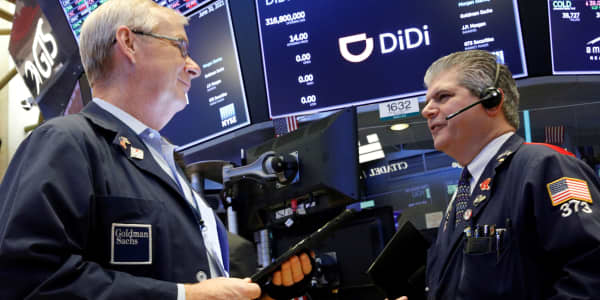Entrepreneurs in the Middle East are no longer smitten by Silicon Valley, says one venture capitalist.
Instead, they are looking for inspiration from China's mobile-first business models — such as e-commerce, payments and health care, according to Ben Harburg, managing partner of Beijing-based MSA Capital, a global investment firm.
"Certainly from a technical perspective, entrepreneurs in the Middle East are recognizing that by learning from Chinese best practices, they can accelerate their learning curve and build businesses that are more scalable, more asset-light, and ultimately, can win out their region by adopting Chinese practices rather than maybe things that were pioneered in Silicon Valley," Harburg told CNBC's Christine Tan at the East Tech West conference in the Nansha district of Guangzhou, China.
MSA Capital has partnered with Bahrain's Al Salam Bank to launch a $50 million venture capital fund to assist with the Middle East expansion of Chinese companies.
"Our view is by taking these Chinese best practices and applying them either to local entrepreneurs in the region or building companies in China for the region, you create kind of regional winners."

The continuing trade tension between the U.S. and China saw pullbacks in public listings this year, Harburg said. "We certainly had a couple of companies that were at the edge, they had filed their paperwork, had their prospectus out and ultimately decided to not go out," he explained.
In his view, emerging technology markets will migrate their way toward China through "decoupling," leaving American tech companies "in a precarious position."
MSA Capital, which includes Uber and Mobike in its portfolio, helped in the public listings of four companies in 2018, and plans six more in the next 18 months.
Harburg noted a shift in how entrepreneurs are looking to sell themselves these days, unlike a few years ago, when "everyone expected to be ringing the bell in New York and have kind of a big coming out party."




